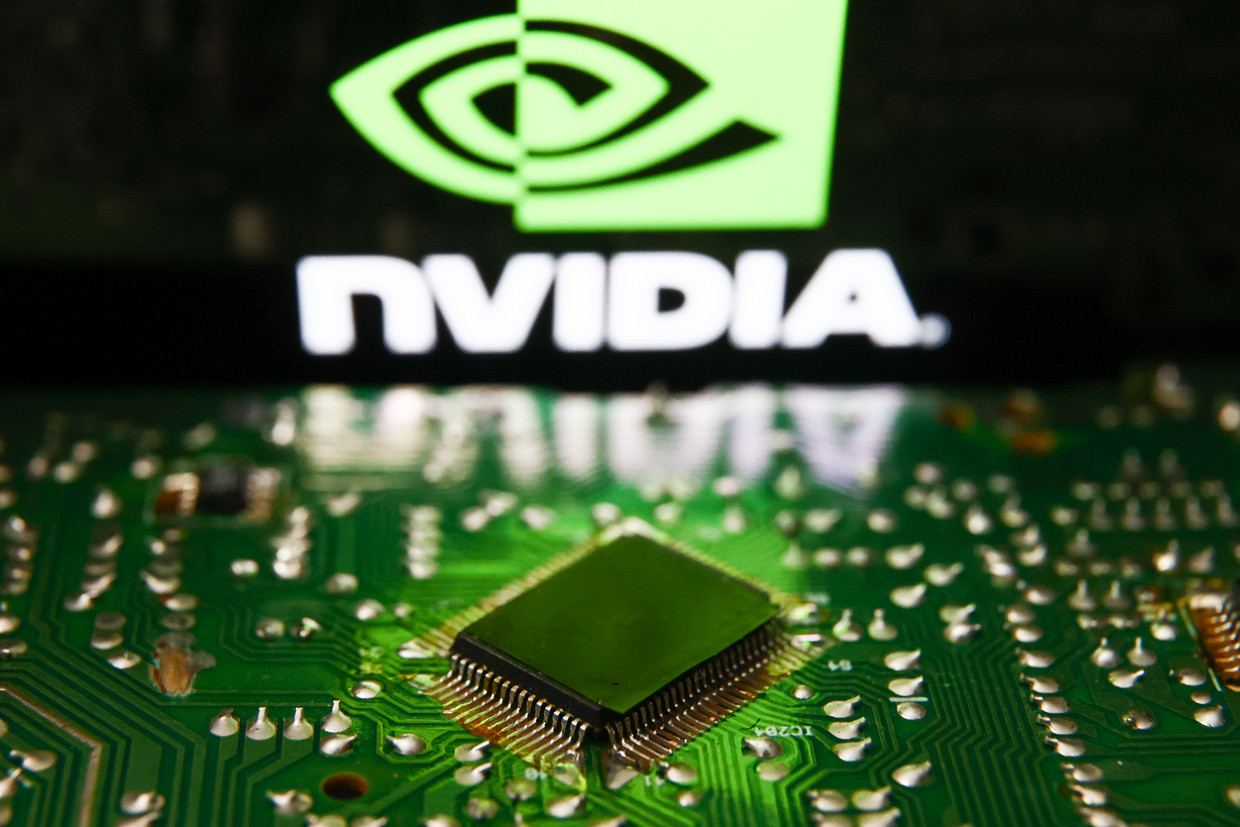
The export restrictions are the latest escalation in the so-called chip wars, a conflict over the world’s most advanced semiconductor technology. Since last year, the US has been trying to restrict some countries from accessing this technology. Chips are considered the lifeblood of economic and military progress. They are now an indispensable part of almost every electronic product – from cars to fighter jets, smartphones and refrigerators.
Earlier restrictions only applied to China and Russia, but now the Middle East is affected for the first time. The United States has banned chipmaker Nvidia from selling certain types of chips to “certain customers and regions, including certain Middle Eastern countries.” That company has written in it Quarterly reportIt was filed with the US Securities and Exchange Commission on Monday.
This is especially true of the A100 and H100 models, chips used by tech companies to build apps like ChatGPT and Bing AI. They can perform several relatively simple commands simultaneously, which is essential for training AI models. Along with that, chips, with a similar price tag 10 thousand dollars eachOne of the most important tools of technology companies.
About the author
Ashwant Nandaram is an economic reporter D Volkskrant. He writes extensively on aviation and railways. In 2020 he won the Journalism Prize de Decal.
Chip manufacturer AMD has also received a letter with similar restrictions, an insider confirmed to the news outlet on Wednesday night. Reuters. Henceforth, the company will not be allowed to export MI250 chips. Neither company gave any reason for the new restrictions. The companies also did not specify which countries in the Middle East would be subject to stricter export regulations.
National security
New export restrictions strike. The US generally imposes export restrictions under the guise of national security. For example, exports of chips to China are banned because Americans fear the chips could be used for military purposes. Russia also has export restrictions from February 2022 due to its invasion of Ukraine.
But the Middle East – a small market where countries combined import only a fraction of all the chips produced in the world – is not in (military) conflict with the US. America is trying to please Saudi Arabia. It also slowly tries to reconnect Iran. The U.S. Department of Commerce, which administers export licensing requirements, was not available for comment Thursday morning.
The Netherlands has also become a pawn in the chip war against preference and gratitude. That’s thanks to ASML, a very prestigious company in the Netherlands that makes the machines that Nvidia uses to make its chips. The Veldhoven-based company is the only company in the world with so-called extreme UV machines. Under pressure from the US, ASML was not allowed to export this advanced equipment to China from September 1.
Countermeasures
It may not stop there, Reuters reported At the end of June. The US will also consider export restrictions on older technology, such as ASML’s deep-ultraviolet models. They will no longer be sold to Chinese companies in the US. Apart from ASML, this may cause problems for ASMI from Almere.
China has always been a strong critic of trade restrictions. According to China’s ambassador to the EU, Fu Kang, the Netherlands ‘Bowed to American pressurehe told a British business newspaper in March Financial Times.
China has since taken countermeasures. From August 1, Chinese exporters must first seek permission from the government to export gallium and germanium. These are two earth metals that are important in the production of chips and solar cells.

“Passionate analyst. Thinker. Devoted twitter evangelist. Wannabe music specialist.”







More Stories
Cooperation between the US and China ensures more stable corporate finance – FM.nl
New US peace proposal for Gaza war ‘may be too smart for either side to say no’
Bitcoin weathers bankruptcy storm in US